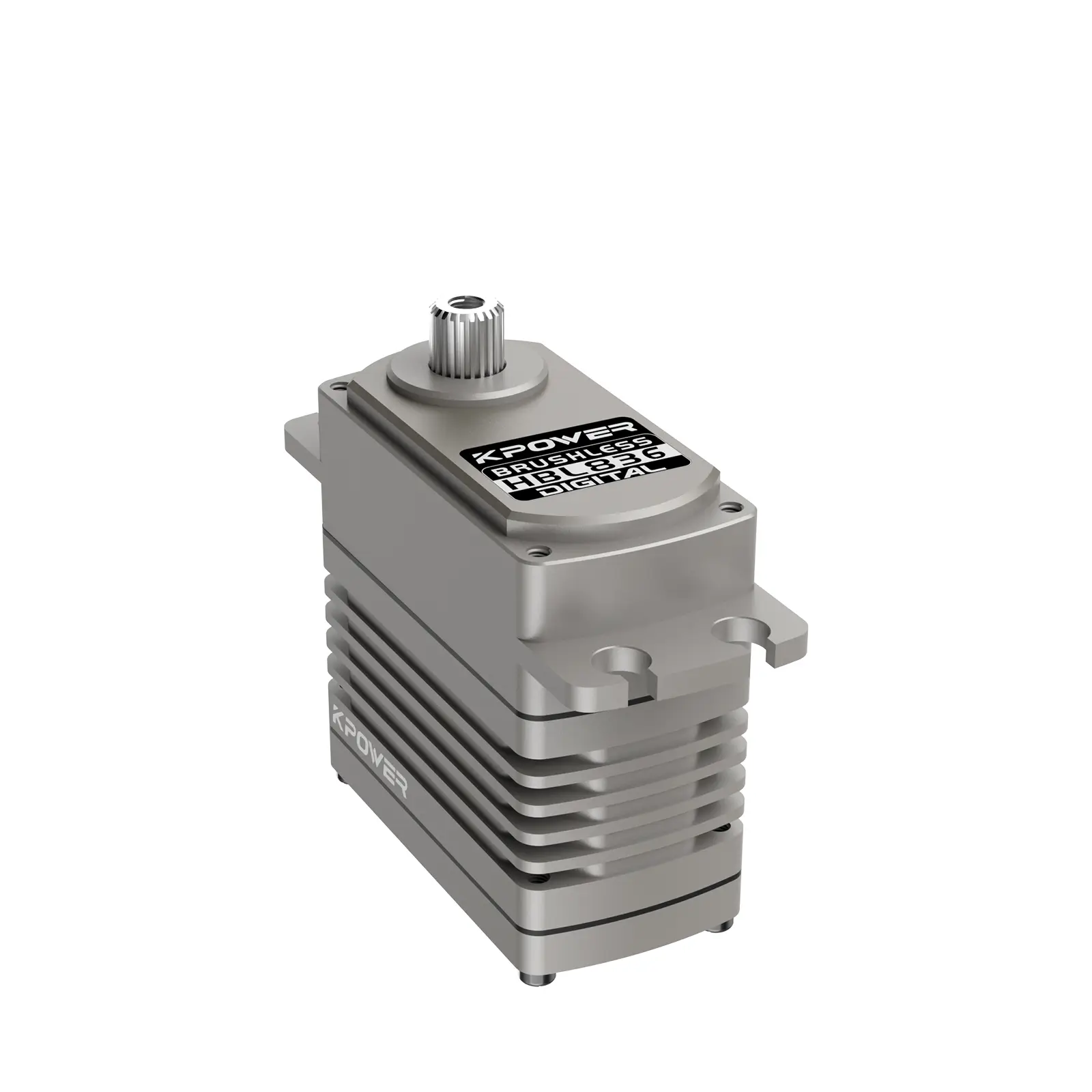Micro Apps vs Microservices: What’s the Difference and Why Does It Matter?
In today’s digital world, software architecture is evolving at a fast pace. Developers and businesses alike are always looking for more efficient, flexible, and scalable ways to design their applications. You might have heard the terms "micro apps" and "microservices" being tossed around, but what do they really mean, and how do they differ?

Let’s start with a simple question: Why is it so important to understand the difference between micro apps and microservices?
At first glance, they might seem similar—both are about breaking down large systems into smaller, more manageable pieces. However, the way they function, and how they benefit businesses, is quite different.
Micro Apps: Focused and Streamlined
Micro apps are small, highly focused applications designed to serve a specific task or function within a larger ecosystem. Imagine a weather app that only shows the forecast for the next few hours, or a news app that delivers updates from a specific interest group. Micro apps are built with simplicity in mind. They are lightweight and fast, offering users exactly what they need without any extra fluff.
The beauty of micro apps is in their specialization. By being narrowly focused, they can be designed and deployed much quicker than larger, more complex apps. Businesses benefit by being able to release updates or new features more frequently without disrupting other parts of the system.
For example, if you run an e-commerce site, you could have a micro app for payment processing, another for customer reviews, and yet another for product recommendations. Each of these micro apps is independent, but together, they create a seamless user experience.
Microservices: Flexible and Scalable
Microservices, on the other hand, are about the architecture of a system as a whole. They are individual services that each handle a specific piece of business logic, but they’re typically larger and more complex than micro apps. Microservices communicate with each other through APIs, allowing them to function together as a unified system.
Take Netflix, for example. Their entire platform is built using microservices. Each service handles a different function—one for video streaming, another for user authentication, and another for recommendation algorithms. This modular approach allows Netflix to scale efficiently, adding new features and services without disrupting the entire platform.
The key advantage of microservices is their scalability. Because they are independent, they can be scaled individually based on demand. If more processing power is needed for video streaming, for instance, only the video service is scaled, not the entire platform.
So, Which One is Right for You?
Choosing between micro apps and microservices depends on your specific business needs. If you’re building a lightweight, user-focused application that serves a single purpose, a micro app might be the better choice. They’re easier to manage and deploy, and they provide a great user experience without overcomplicating things.
However, if you’re building a larger, more complex system that needs to scale efficiently, microservices are probably the way to go. They offer more flexibility and allow your system to grow without getting bogged down.
The Bottom Line
In a nutshell, micro apps and microservices both provide solutions to the challenges of building modern software, but they do so in very different ways. Micro apps are perfect for single-task, user-friendly applications, while microservices are ideal for larger systems that require flexibility and scalability.
Understanding the distinction between the two will help you make the best choice for your business, ensuring that your application is not only functional but also able to grow and adapt as your needs change.
Established in 2005, Kpower has been dedicated to a professional compact motion unit manufacturer, headquartered in Dongguan, Guangdong Province, China. Leveraging innovations in modular drive technology, Kpower integrates high-performance motors, precision reducers, and multi-protocol control systems to provide efficient and customized smart drive system solutions. Kpower has delivered professional drive system solutions to over 500 enterprise clients globally with products covering various fields such as Smart Home Systems, Automatic Electronics, Robotics, Precision Agriculture, Drones, and Industrial Automation.




































